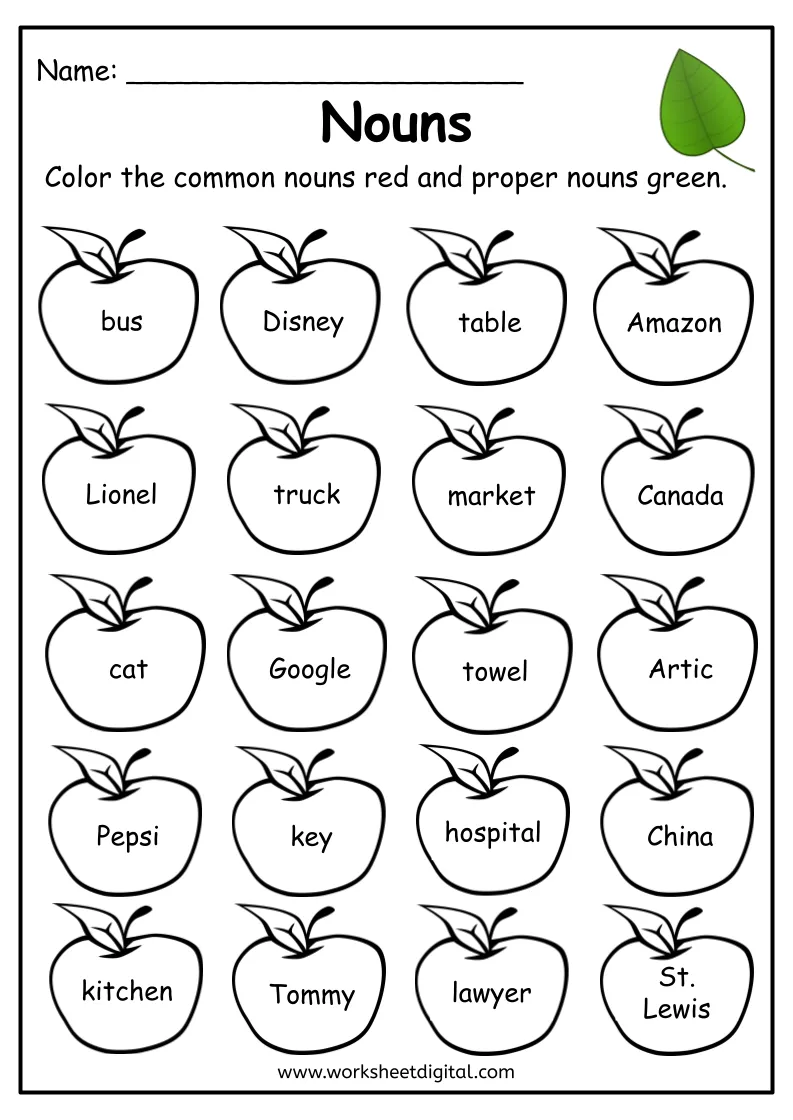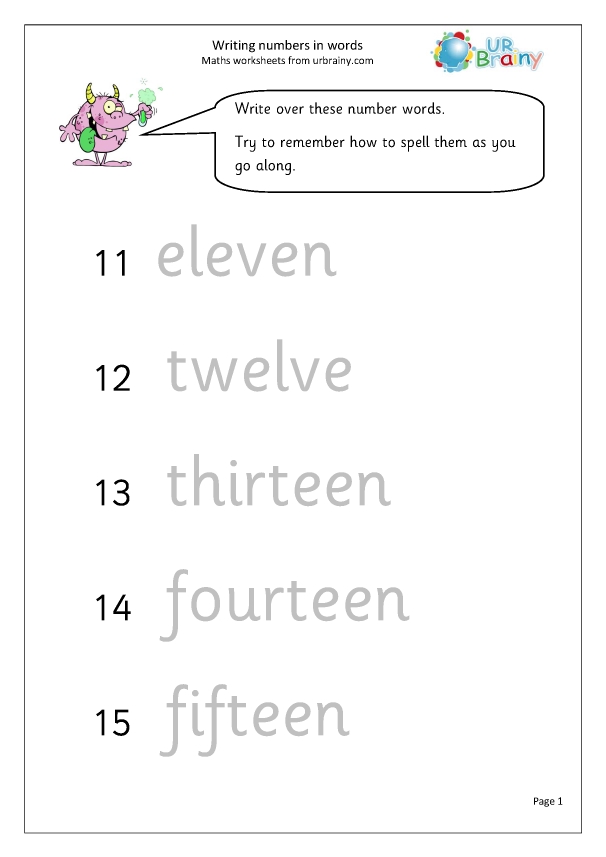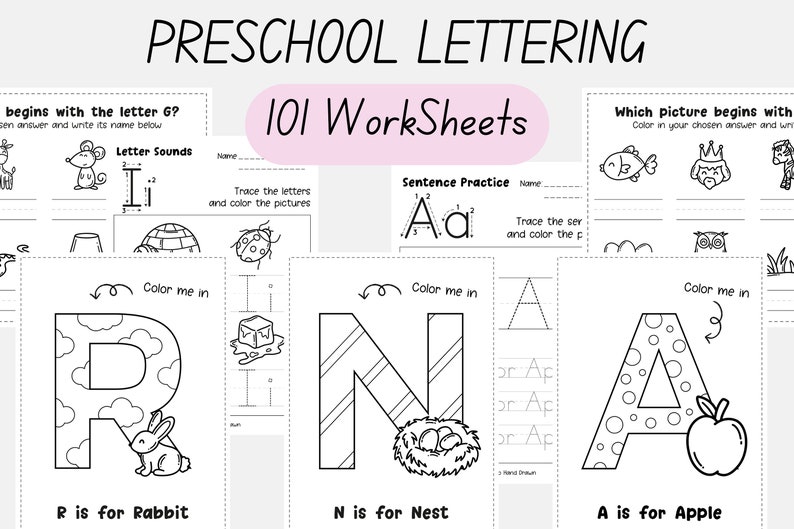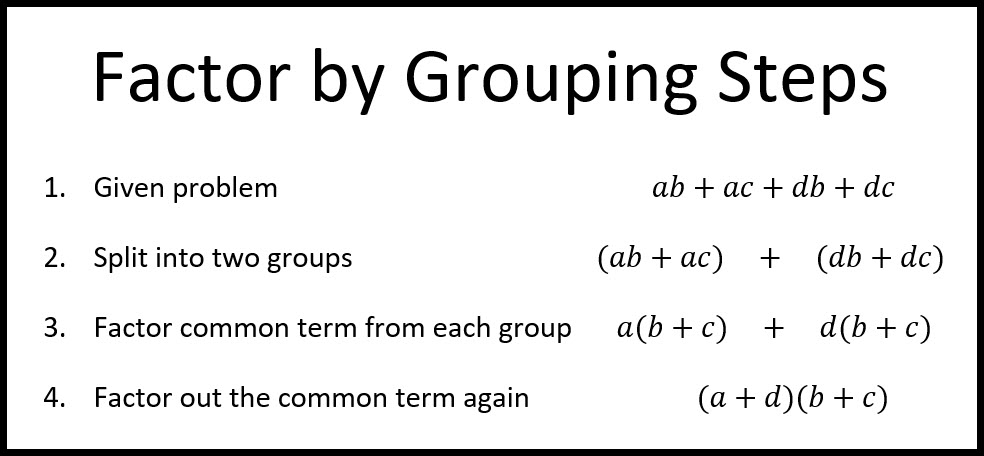Word Roots Worksheet
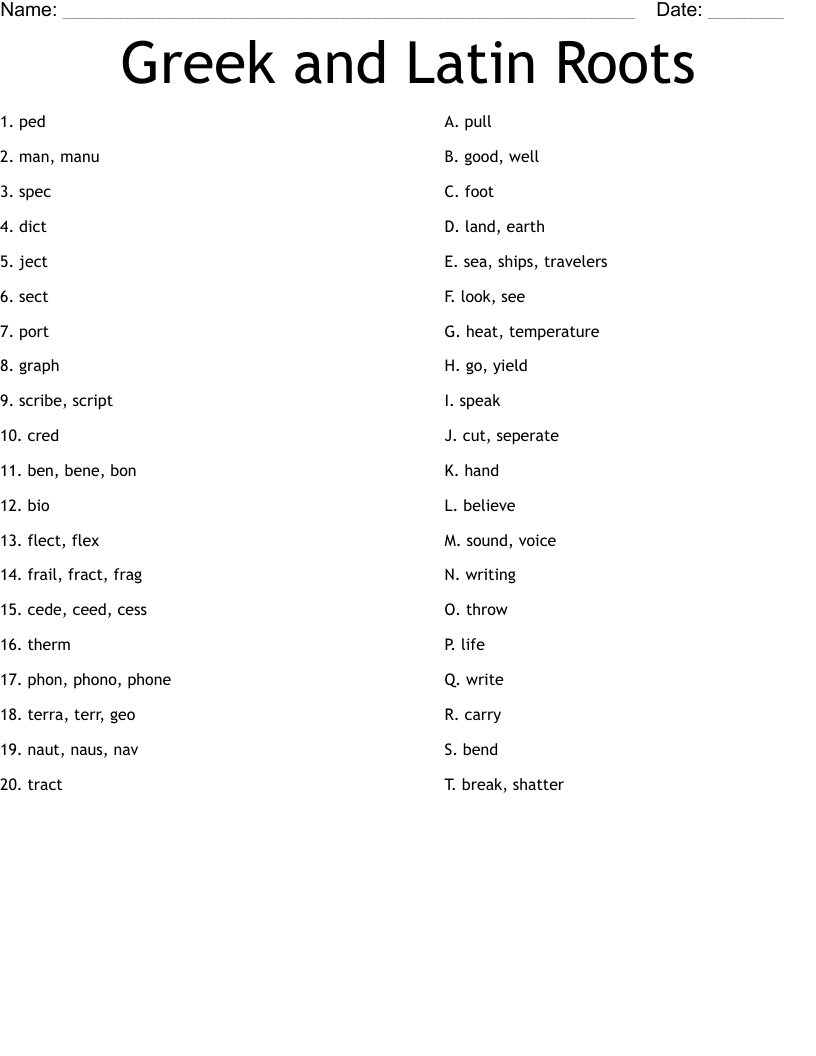
Understanding Word Roots: Unlocking the Meaning of Words
Have you ever come across a word that you didn’t know the meaning of, but you were able to guess its meaning based on its parts? This is because many words in the English language are made up of smaller parts called roots, prefixes, and suffixes. In this article, we will focus on word roots and how they can help you decipher the meaning of unfamiliar words.
What are Word Roots?
Word roots are the core part of a word that carries the basic meaning. They are usually derived from ancient languages such as Latin and Greek. Word roots can be combined with prefixes and suffixes to form new words. For example, the word “unbreakable” can be broken down into its root “break,” the prefix “un-,” and the suffix “-able.”
Why are Word Roots Important?
Knowing word roots can be incredibly helpful in several ways:
- Improved vocabulary: By recognizing word roots, you can decipher the meaning of unfamiliar words. This can help you to learn new words more quickly and retain them in your memory.
- Better comprehension: Understanding word roots can also help you to comprehend texts more easily. When you come across a word you don’t know, you can break it down into its root and guess its meaning.
- Enhanced spelling: Knowing word roots can also improve your spelling. When you understand the root of a word, you are more likely to spell it correctly.
Common Word Roots
Here are some common word roots and their meanings:
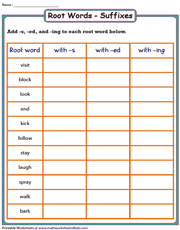
| Word Root | Meaning | Example Words |
|---|---|---|
| spec | to see | specify, spectator |
| tele | far | telephone, television |
| port | to carry | transport, portable |
| struct | to build | structure, construction |
| rupt | to break | rupture, interrupt |
How to Use Word Roots to Improve Your Vocabulary
Here are some steps you can follow to use word roots to improve your vocabulary:
- Start with common word roots: Begin by learning the most common word roots, such as those listed in the table above.
- Break down unfamiliar words: When you come across a word you don’t know, try to break it down into its root, prefix, and suffix.
- Guess the meaning: Use the meaning of the root to guess the meaning of the word.
- Check your answer: Look up the word in a dictionary to check if your guess is correct.
- Practice, practice, practice: The more you practice breaking down words into their roots, the more comfortable you will become with this process.
📝 Note: Learning word roots is a skill that takes time and practice to develop. Don't be discouraged if you don't see improvement right away. Keep practicing, and you will eventually see the benefits.
Word Roots Worksheet
Now that you have learned about word roots, it’s time to practice! Complete the following worksheet to test your knowledge:
Exercise 1: Match the Word Root to its Meaning
- spec a) to build
- tele b) to see
- port c) far
- struct d) to carry
Exercise 2: Break Down Unfamiliar Words
- telephone = ___________ (root) + ___________ (prefix/suffix)
- transport = ___________ (root) + ___________ (prefix/suffix)
- construction = ___________ (root) + ___________ (prefix/suffix)
Exercise 3: Guess the Meaning of Unfamiliar Words
- spectator = ___________
- interrupt = ___________
- portable = ___________
Conclusion
Learning word roots can be a powerful tool for improving your vocabulary and comprehension. By recognizing the core parts of words, you can decipher the meaning of unfamiliar words and expand your vocabulary more quickly. Remember to practice regularly, and you will see improvement over time.
What is the difference between a word root, prefix, and suffix?
+A word root is the core part of a word that carries the basic meaning. A prefix is a letter or group of letters that is added to the beginning of a word to change its meaning. A suffix is a letter or group of letters that is added to the end of a word to change its meaning.
How can I use word roots to improve my spelling?
+Knowing word roots can help you to spell words more accurately. When you understand the root of a word, you are more likely to spell it correctly. Additionally, learning word roots can help you to recognize patterns in words, which can also improve your spelling.
Can I learn word roots on my own, or do I need to take a class?
+You can learn word roots on your own with the help of online resources, such as this article. You can also practice with flashcards or word games. However, taking a class or working with a tutor can provide additional support and guidance.
Related Terms:
- Root words worksheets pdf
- Root words worksheet with answers
- Root words Worksheet grade 3
- Root words worksheet grade 5
